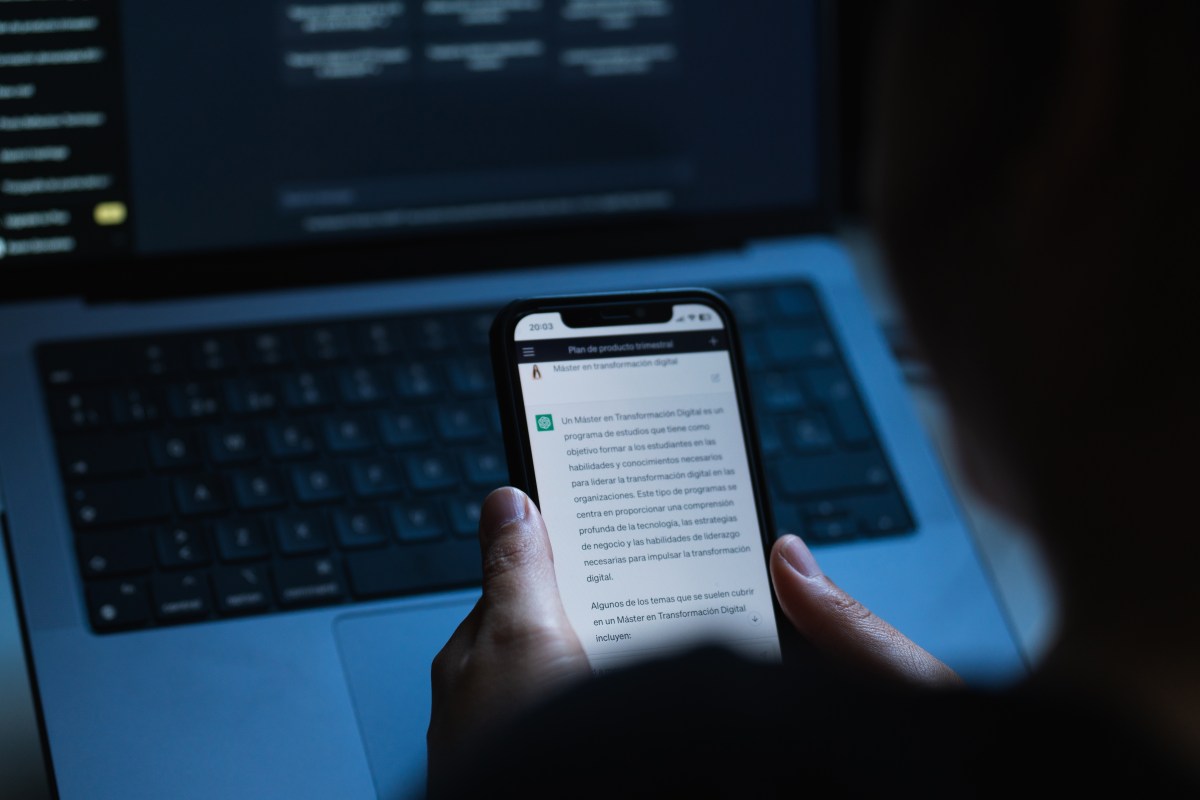The Rise of Academic Dishonesty: Are Students Relying on ChatGPT for Homework Help?
In an age where technology permeates every facet of life, the educational landscape is undergoing significant transformations. One of the most notable shifts is the increasing reliance on artificial intelligence (AI) tools, particularly ChatGPT, for academic assistance. As students grapple with mounting pressures to perform, the question arises: Are they turning to these sophisticated AI systems for homework help, and what does this trend mean for academic integrity?
The Allure of AI in Education
AI technologies, especially those like ChatGPT, have become widely accessible and user-friendly. Students often find themselves inundated with assignments, exams, and extracurricular activities, leading many to seek shortcuts for completing homework efficiently. The appeal of using AI for educational tasks can be attributed to several factors:
- Instant Access: With just a few clicks, students can obtain information, explanations, and even complete essays generated by AI.
- 24/7 Availability: Unlike traditional tutoring services, AI tools operate around the clock, providing support whenever students need it.
- Cost-Effectiveness: Many AI tools are free or low-cost, making them an attractive option compared to hiring private tutors.
These benefits, while appealing, mask a deeper concern about the consequences of relying on such technologies for academic work.
Understanding Academic Dishonesty
Academic dishonesty encompasses a range of unethical behaviors, including plagiarism, cheating, and misrepresentation of one’s work. The rise of AI tools like ChatGPT has blurred the lines between legitimate assistance and dishonest practices. For instance, students might use AI to generate entire essays or solve complex problems, passing off this work as their own. This raises significant ethical questions:
- What constitutes original work? If a student uses AI to generate content, to what extent is that student engaging in original thought?
- How can educators distinguish between genuine student work and AI-generated content? The challenge lies in assessing the authenticity of submissions.
As the prevalence of AI-generated content increases, so does the potential for academic dishonesty, leading to a decline in the value of educational credentials.
The Impact on Learning
While AI can serve as a valuable educational tool, over-reliance on such systems can hinder genuine learning. When students use AI to circumvent the learning process, they miss out on critical opportunities for intellectual growth. Here are several ways this trend may impact students:
- Reduced Critical Thinking Skills: Engaging with material fosters analytical thinking. If students rely on AI for answers, they may struggle to develop these essential skills.
- Decreased Retention of Knowledge: Learning often requires practice and repetition. Relying on AI may lead to superficial understanding and poor retention of material.
- Dependence on Technology: Students may become overly reliant on AI, diminishing their ability to solve problems independently.
Ultimately, this reliance could lead to a generation of students who are ill-prepared for the challenges of the workforce or advanced studies.
Addressing the Challenge
As educators recognize the rise of academic dishonesty linked to AI, proactive measures are necessary to promote integrity in academic settings. Here are several strategies that institutions can employ:
- Integrating AI Education: Teaching students how to use AI responsibly can empower them to leverage these tools for enhancement rather than as a crutch.
- Emphasizing Original Work: Assignments that require personal reflection or unique perspectives can deter students from relying on AI-generated content.
- Implementing Technology Detection Tools: Utilizing software that can identify AI-generated text may help educators maintain academic standards.
By fostering an environment of integrity and accountability, educational institutions can combat the negative implications of AI reliance.
The Way Forward
While the rise of AI tools like ChatGPT presents challenges, it also offers opportunities for innovation in education. Rather than viewing AI as a threat, educators can embrace it as a supplemental resource that enhances learning when used appropriately. The key lies in creating a balanced approach that promotes ethical use of technology while encouraging students to engage deeply with their studies.
To navigate this new landscape, students, educators, and institutions must work together to establish guidelines that emphasize the importance of academic integrity. By fostering a culture that values honesty and rigorous scholarship, the educational community can harness the benefits of AI while mitigating its risks.
Conclusion
The rise of academic dishonesty linked to the use of AI tools like ChatGPT is a complex issue that requires thoughtful consideration. As students increasingly rely on these technologies for homework help, it is imperative to address the implications for learning, integrity, and the future of education. By promoting responsible use of AI and emphasizing the importance of original thought, we can ensure that technology serves as a catalyst for learning rather than a barrier to it.
As we move forward into an era where AI will undoubtedly play a larger role in education, the challenge will be to maintain a commitment to academic integrity while embracing the advantages that these technologies can provide. The future of education depends on our ability to adapt and innovate in response to these changes.
See more TED Talks World



